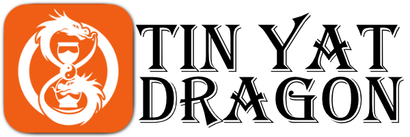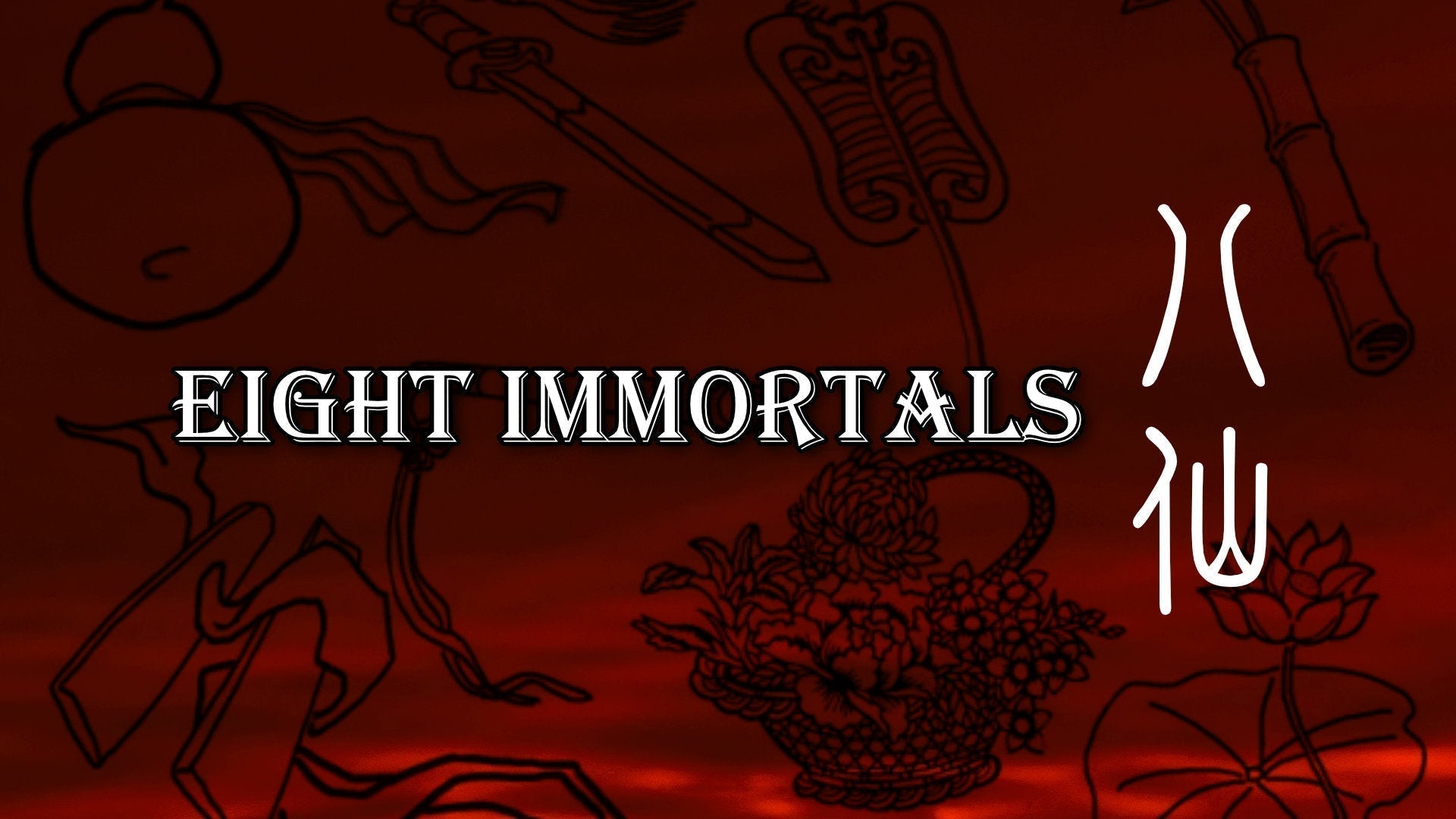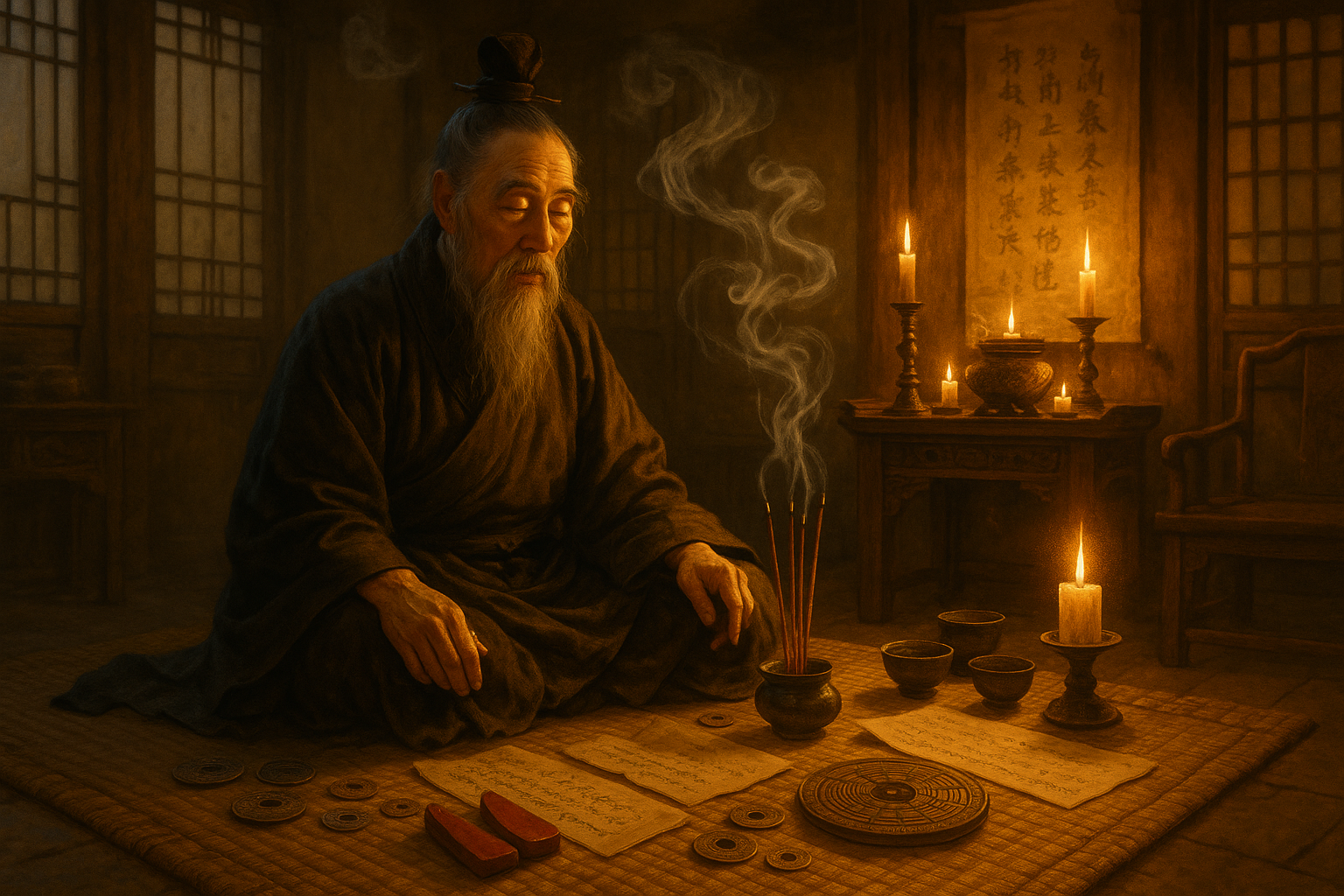
The word “Tao” (道) means a road with two lanes – one going out and one coming back. It is not an abstract idea. It is a working pattern of communication. In Taoism, the Tao is the two-way connection between humans and the divine source they rely on for help and guidance.
Taoism (道教) is the big umbrella. Inside it, there are many sects, each with their own gods, methods, and culture. Even if they look different on the surface, the core idea is the same: every sect follows its own Tao, its own direct line of communication with the divine.
If you walk around Asia, you will find many Taoist temples. They may worship different gods, but the experience is similar: people burn incense, speak to the gods, ask for help, and return with offerings to give thanks. This cycle of asking and giving back is the foundation of Taoism.
Taoist magic is simply another way to communicate with the gods of a sect. Each sect has its own codes, hand signs, spells, and methods. The outer actions may differ, but the purpose is always the same – open the two-way channel and get real help from the divine.
Taoists always follow this cycle: ask from the source, receive help, then give back to the source. If you take without giving back, that breaks the Tao. The giving-back part is called Tao Te (道德), “virtue,” which means returning what you have received so the Tao continues to flow. This is why you see people burning offerings or bringing gifts to the gods during special seasons – it is a way to return virtue.
Taoism is a closed religion. You cannot simply call yourself a Taoist. To be a Taoist of a specific Tao, you must enter a sect, request acceptance from the master, and be properly ordained. After ordination, you receive a Taoist name that represents you inside the sect. You belong to one Tao only. People who visit temples just to burn incense and ask for help are not Taoists; they are believers or visitors. The help they receive is limited, because they are not part of the real system. Once you join a sect and learn the teachings, the gods give you much stronger support, and you also carry the duty to help others who are still outside.
Many people confuse Taoism with Buddhism, or think they are the same. They are not. Buddhism came from India. Taoism started in China. Buddhist traditions have monks, strict rules on food, and a different structure. Taoism does not have monks, and Taoists live normal lives while cultivating their magic and connection with their god.
One important point: no religion allows mixing. You cannot be a Taoist and a Buddhist at the same time, and definitely not a Taoist who still goes to church. That is not allowed. It is not only disloyal, but also dangerous, because different energies will clash inside your system. When you are ordained into a Taoist sect, you submit yourself to that source so it can take care of your life. You must stay loyal to one path, one Tao, one source.
Different Taoist sects connect to different divine sources and have different specialties. Some focus on martial arts. Some focus on chanting. Some focus on FU magic. Some focus on energy work. Here, we practice Saam Law Taoism. We connect to our own divine source, and we have our own magic system, our own communication codes, and our own methods that other sects do not have.
If you want to understand our Tao and how our magic works, continue to the next page to learn about Saam Law Tao.


